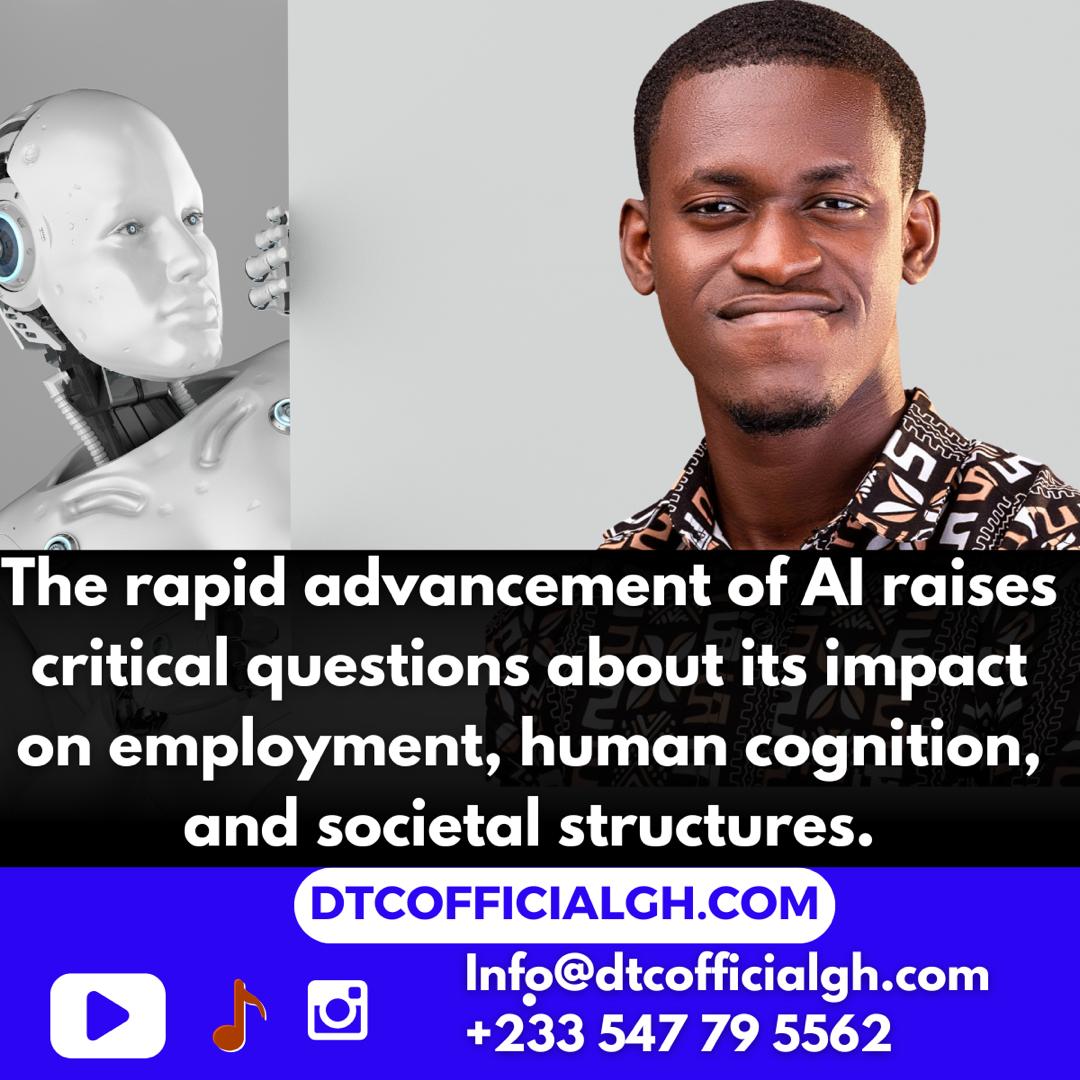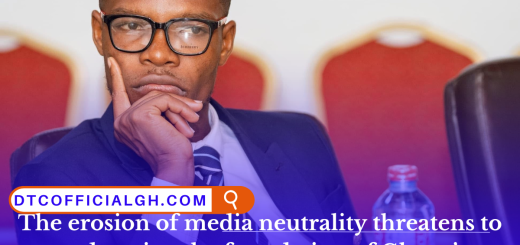AI Is Coming for You- The Double-Edged Sword of Artificial Intelligence

The headline may sound ominous, but the reality of artificial intelligence (AI) is far more nuanced. AI is not just a harbinger of job displacement or a threat to human ingenuity; it is also a powerful tool that, when used correctly, can revolutionize industries, enhance productivity, and improve quality of life. However, its rapid advancement raises critical questions about its impact on employment, human cognition, and societal structures. This article delves into the double-edged sword of AI, exploring its transformative potential and the challenges it poses.

The Evolution of AI: From Checkers to Generative Models
AI has come a long way since its inception in the 1950s. The first documented success of an AI program was Christopher Strachey’s checkers game in 1951. Fast forward to 1997, when IBM’s Deep Blue defeated chess grandmaster Garry Kasparov, and 2011, when IBM Watson won Jeopardy!. These milestones marked the beginning of AI’s journey into mainstream consciousness.
READ ALSO: How Technology and AI Are Shaping Africa’s Future
The advent of generative AI, spearheaded by OpenAI’s GPT models in 2018, has been a game changer. Tools like ChatGPT, Google’s Gemini, and Anthropic’s Claude have democratized access to AI, enabling users to generate text, audio, images, and more with simple prompts. By 2025, models like DeepSeek’s R1 and V3 have achieved near-parity with competitors at a fraction of the cost, further accelerating AI adoption.

AI’s applications are vast, from sequencing RNA for vaccines to modeling human speech. Its ability to perceive, reason, and generalize has made it indispensable across industries. But as AI continues to evolve, its implications for society grow more complex.
The Bright Side: How AI Benefits Humanity
1. Enhanced Business Automation
AI is transforming how businesses operate. According to a 2023 IBM survey, 42% of enterprise-scale businesses have integrated AI into their operations, with another 40% considering it. Chatbots and digital assistants handle customer queries, while AI-driven data analysis provides instant insights, enabling faster and more informed decision-making. Mike Mendelson of NVIDIA highlights that AI’s potential lies in its ability to solve domain-specific problems, often in ways humans might not anticipate. This capability is driving innovation and efficiency across sectors, from healthcare to finance.
EXPLORE; Study for Free in Italy: University of Bologna Scholarship 2025-26 for International Students
2. Accelerated Innovation
AI is not just automating tasks; it’s also accelerating innovation. Anthropic CEO Dario Amodeipredicts that AI could speed up research in fields like biology by tenfold, compressing decades of progress into just a few years. This “compressed 21st century” could lead to breakthroughs in areas like gene editing and climate change mitigation.
READ ALSO: E. Wells Realty Recognized Among the Top 100 Emerging Global Businesses of 2025!
3. Personalized Experiences
In education, AI tailors learning experiences to individual students, while in healthcare, it aids in diagnosing diseases and streamlining drug discovery. AI’s ability to analyze vast amounts of data ensures that services are more personalized and effective than ever before.
The Dark Side: Challenges and Risks of AI
1. Job Disruption
One of the most pressing concerns is AI’s impact on employment. A 2023 Resume Builder survey found that 37% of companies using AI have already replaced workers, with 44% anticipating layoffs in 2024. Jobs in customer service, manufacturing, and even creative fields like content writing and graphic design are at risk.
However, AI is also creating new roles, such as machine learning engineers and AI ethics specialists. The challenge lies in ensuring that workers are reskilled to fill these emerging positions. As Klara Nahrstedt, a computer science professor at the University of Illinois, notes, “We need to invest tremendously in education to retrain people for new jobs.”
READ: Profile of the Month: Gideon Brefo – A Trailblazer in Ghana’s Entrepreneurial and Digital System.
2. Data Privacy and Ethical Concerns
AI’s reliance on vast amounts of data raises significant privacy concerns. The FTC has investigated OpenAI for potential violations of European data protection laws, highlighting the need for stricter regulations. The Biden-Harris administration’s AI Bill of Rights is a step in the right direction, but more robust frameworks are needed to protect consumer data.
3. Bias and Misinformation
AI systems often reflect the biases of their creators. Facial recognition technology, for example, has been shown to favor lighter-skinned individuals, perpetuating racial inequalities. Additionally, the rise of deepfakes and AI-generated misinformation threatens to erode trust in media and institutions.
READ ALSO: Deaf Can Talk Donates Assistive Devices to Final Year Deaf Students in Kasoa
4. Environmental Impact
The energy required to train and maintain AI models is staggering. Some estimates suggest that AI could increase carbon emissions by up to 80%, undermining efforts to combat climate change. While AI can optimize supply chains and reduce waste, its environmental costs must be carefully managed.

The Future of AI: Opportunities and Threats
AI’s potential to transform society is immense, but its risks cannot be ignored. The key lies in responsible development and deployment. As AI becomes more integrated into our lives, we must address issues like job displacement, data privacy, and environmental sustainability.
The rise of AI also presents an opportunity to redefine work. By automating repetitive tasks, AI can free humans to focus on creative and strategic endeavours. However, this requires a concerted effort to reskill workers and ensure that the benefits of AI are distributed equitably.
READ ALSO: The Future is Uncertain—But That’s an Advantage
AI is not inherently good or evil; it is a tool whose impact depends on how we use it. While it has the potential to displace jobs and exacerbate inequalities, it also offers unprecedented opportunities for innovation and growth. The challenge is to navigate this dual reality with foresight and responsibility.
As we stand on the brink of an AI-driven future, the question is not whether AI is coming for us, but how we will choose to meet it. By embracing AI’s potential while addressing its challenges, we can ensure that it serves as a force for good, enhancing human capabilities rather than replacing them.
AI is here to stay. The question is: Are we ready?

Written By:
Samuel Sasu Adonteng
Margaret Edem Gasu
Co-Founders, Ebibiman Tech Alliance
About ETA
The Ebibiman Tech Alliance (ETA) is a pioneering initiative dedicated to promoting indigenous knowledge in technology across Africa. ETA is committed to fostering the ethical and humane use of technology to benefit society, while simultaneously enhancing digital skills, entrepreneurship, and employment opportunities in the tech sector. As a knowledge-generating center, ETA aspires to be at the forefront of technology research, innovation and education on the continent driven by young people.




2 Responses
[…] READ ALSO: AI Is Coming for You- The Double-Edged Sword of Artificial Intelligence […]
[…] MUST READ; AI Is Coming for You- The Double-Edged Sword of Artificial Intelligence […]